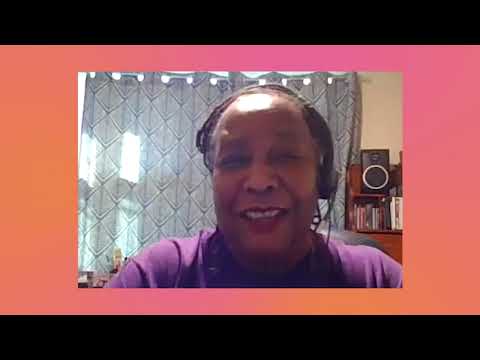
Your Guide to Understanding Breast Cancer



In fact, it’s the most common cancer in American women, except for skin cancer. And early detection is key to having a good prognosis. That’s why being informed about breast cancer is important for everyone. Even women like
Regina Dyton, a 21-year breast cancer survivor who had no family history of the disease and didn’t consider herself at risk. ”
Our new breast cancer education program goes in-depth to keep you better informed. We
break down the basics about genetics and breast cancer and help you understand how hormonal changes affect your breast cancer risk. We also explore the high rates of breast cancer for Latina women and the elevated risks they encounter.
If you’re worried about getting your first mammogram, our
easy-to-understand video guides you through every step of the way. And if you’re concerned that the Covid-19 vaccine could result in a false-positive mammogram, we offer guidance on when you should get screened.
“Cancer exacts an emotional toll on you and your entire social ecosystem,” said
Dr. Barbara L. Andersen, professor of psychology at Ohio State University. In our story, “After a Breast Cancer Diagnosis, Strap In for a Roller-Coaster Ride of Emotions,” experts share how to cope with these intense and scary — but totally — normal feelings.
Finally, we invite you to visit yourhealthybreasts.org, an essential resource, providing information about breast health from puberty to post-menopause, all in one place.
Created with support from Daiichi Sankyo and Merck.



Fast Facts: What You Need to Know About Genetics and Breast Cancer Risk



Hormones and Breast Cancer Risk: What’s the Connection?






Covid-19 Vaccines and False-Positive Mammograms: When Should You Get Screened?



After a Breast Cancer Diagnosis, Strap In for a Roller-Coaster Ride of Emotions

